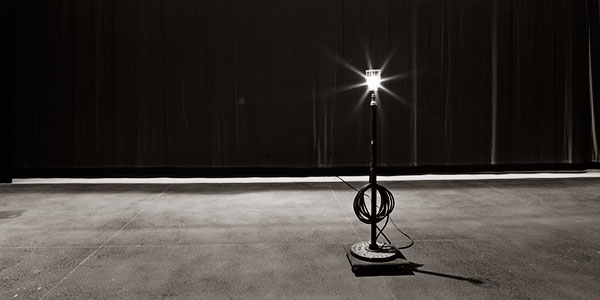
The Covid19 pandemic is gripping our world and the live performances have ceased. We have come up with many creative ways to continue to engage and inspire our public, from live streaming past performances to coming together in virtual collective events. The fact is, the live, in-person experience and sense of community are lacking, and I am hopeful that once this crisis is past, people will flock to concerts like never before. I also hope that the abundance of opportunities to engage with arts institutions in this new virtual way will create curiosity on the part of new consumers. Having viewed a museum’s offering online, seen an opera company’s rebroadcast, or an actor performing a soliloquy from home, perhaps people will be curious to see the actual art in person.
The economic toll of this pandemic is huge. Thankfully, freelance musicians who are a vital part of the so-called “Gig economy” have not been left out of the plans that state legislatures and our Congress have invoked to sustain us. Rapid recovery of the stock market also is essential if our donors are to continue their level of support to our institutions. Our endowments are suffering right along side our retirement funds. I fear that many entities will be unable to weather this storm.
Alas, the virus has permanently silenced many artists from around the world. Their loss is immeasurable, and we mourn all who have fallen as well as those who grieve without the comfort of traditional good-byes.
The scientists have been cautious in their predictions. As I write this essay, Wuhan, China, the epicenter of the event has just lifted restrictions on its 76 day ordeal. What is the new normal? Only time will tell. My own physician predicts an annual corona virus season, much like influenza. National experts predict that rituals such as shaking hands are a thing of the past. Is social distancing the new norm? If so, concerts, sporting events, religious celebrations as we know them are only a memory.
I reflect on other national crises such as the horrific events of 9/11, when the sporting events ceased, but the concerts went on. People desperately needed to come together as communities in order or express not only their collective solidarity, but as an antidote to the loneliness and isolation that such events inevitably invoke. While technology has brought us together in this crisis, I am hopeful that the need to be together physically will again overwhelm us. And what better way to fulfill that need than in a concert experience where an orchestra epitomizes an outcome that if far greater than the sum of its individual talents.
Here’s to the future, where concert halls are again filled with devoted listeners and curious newcomers. We currently celebrate the health care workers who are restoring strength and wellbeing to our bodies. Perhaps the next step in this evolution will be to celebrate the artists, who will endeavor to restore strength and wellbeing to our souls.
I have sorely missed the live music experience, and my personal resolve will be to echo the words of Leonard Bernstein, penned as a response to the assassination of John F. Kennedy in November, 1963. My music “will never again be quite the same. My reply: to make music more intensely, more beautifully, more devotedly than ever before.”





